Having boys that are very active in sports has introduced me to a myriad of things – a few being snack duty, smelly socks, and being a sore loser.
We’ve been on just about every sports team available for little people their age – soccer, basketball, karate, flag football, baseball, tennis. Each team, regardless of sport, introduced us to new friends, some great learning, and at least one “sore loser” (my child not withstanding).
Snack duty is easy enough – find out how many kids are on the team, if there are any allergies, and make sure you’re not THAT parent that brings orange slices. Smelly socks, although not ideal, are par for the course. I can tell the instant one of the boys take their sneakers off in the car – oh.my.goodness. Who needs nuclear warfare when you have used baseball socks?
Sore losers, or children that don’t have a proper understanding of sportsmanship as I like to define it, are inevitable -, especially at such a young age. What can you do to prevent your kid from being a sore loser? Here are some tried and true tips that will encourage your child to be a team player and have a friction-free season.
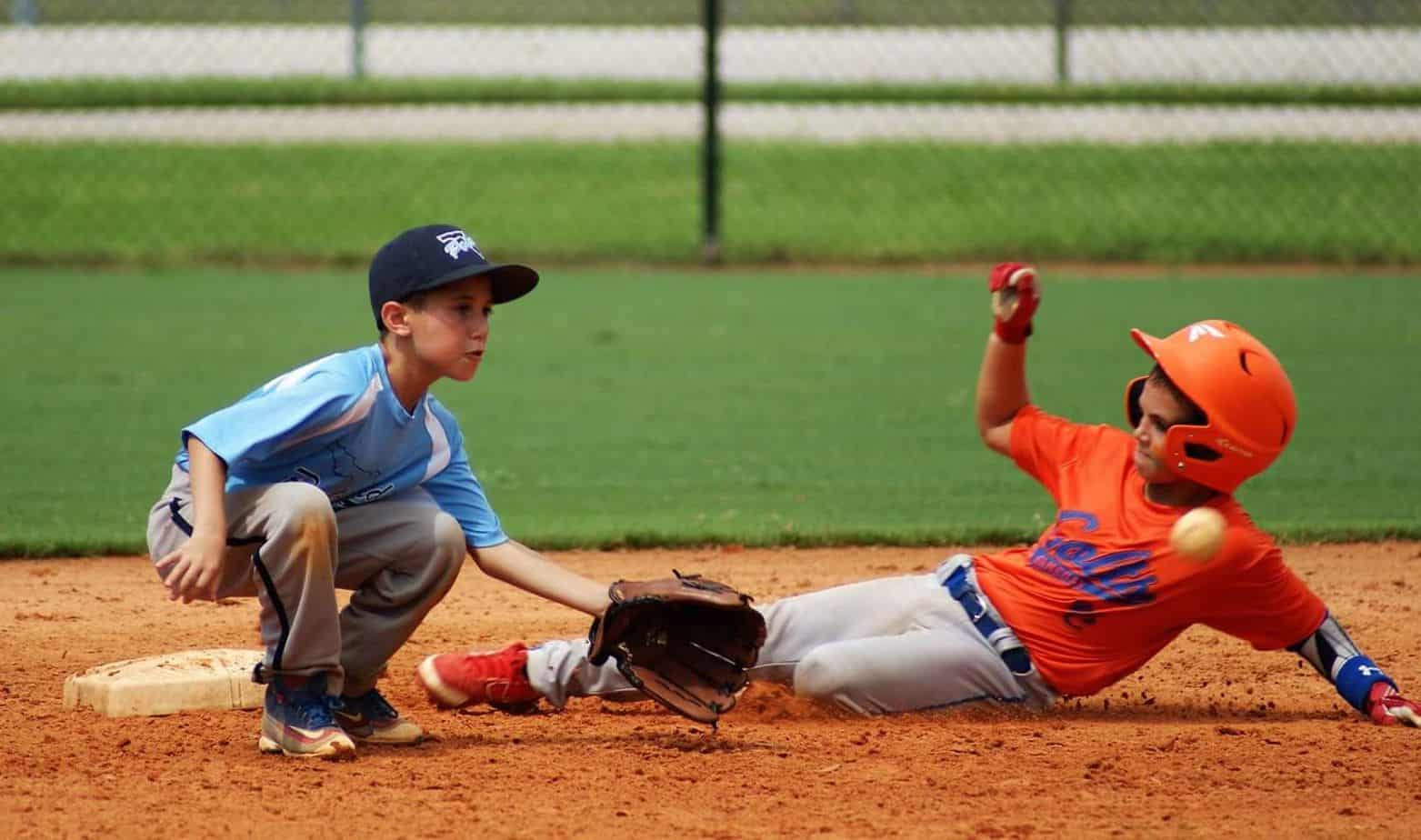
It Starts with You
Our children are sponges and models just about everything we do. By showing good sportsmanship, your child will then have someone positive to emulate. Think about what you say and how you say it when at other sporting events or even just on the couch watching the game.
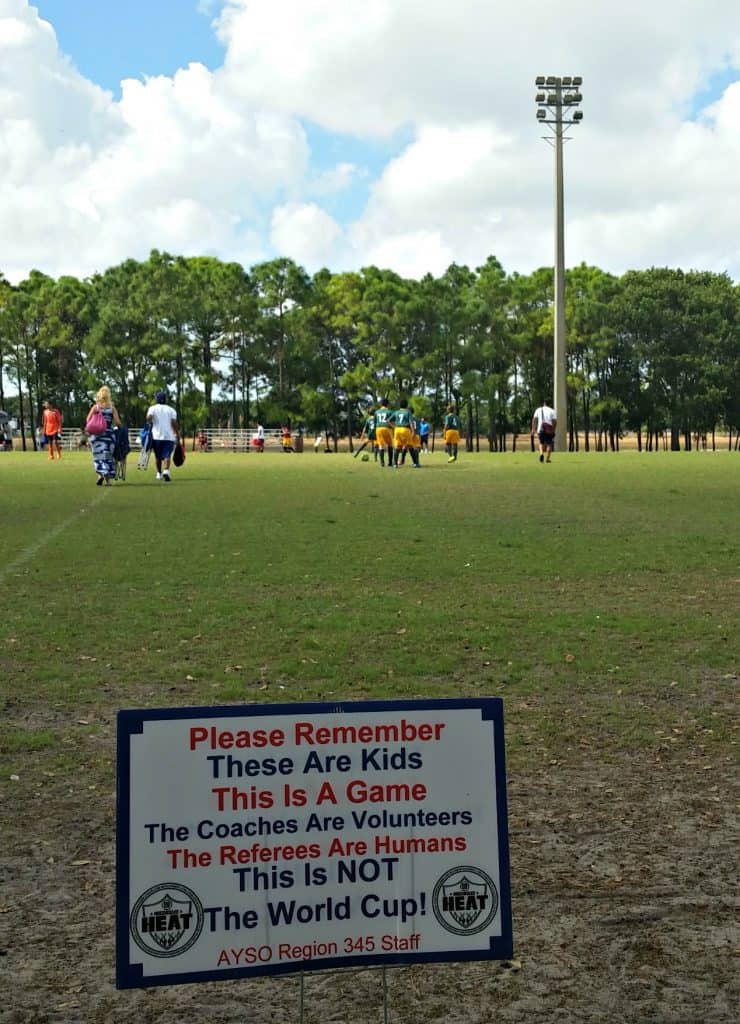
Promote Positivity
Teach your child to offer up some words of encouragement to his or her teammates – the positive vibe will travel! If your player strikes out, tell them that as long as they tried their best, that is all that matters.
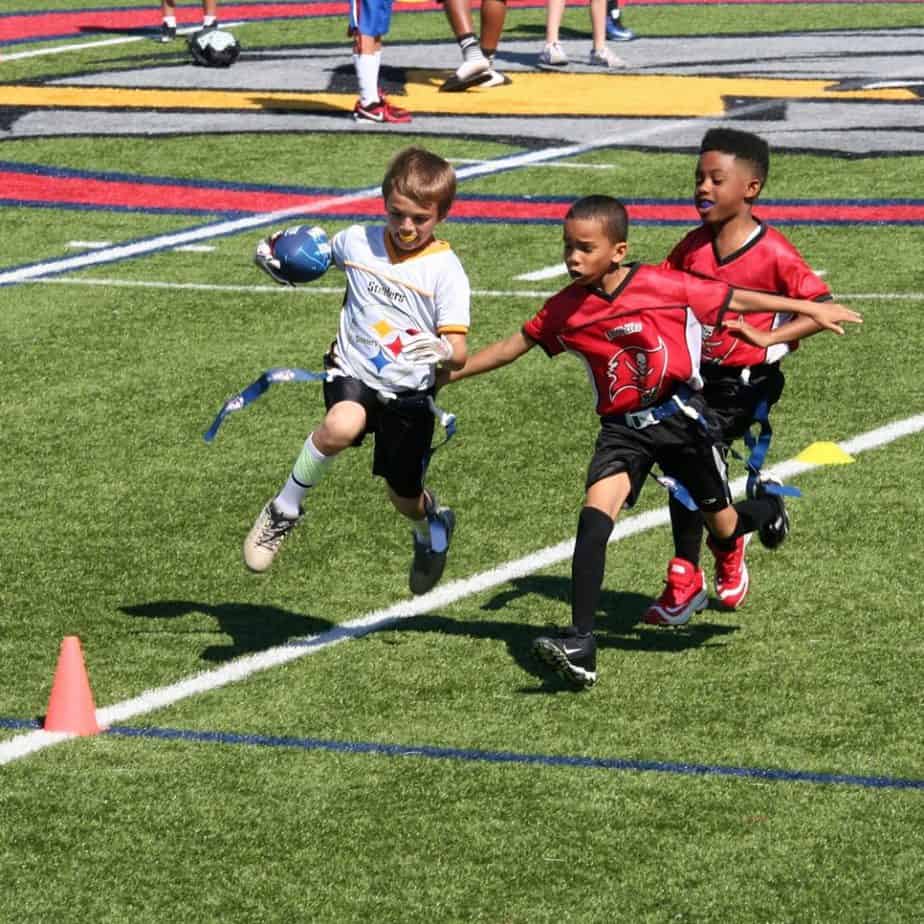
Don’t Put Out the Competitive Flame.
Don’t confuse competitiveness with being a sore loser. Passion isn’t taught – it is ingrained – you just have to mold it into a productive use of energy and feelings. My little guy is very competitive when it comes to baseball, and I love it. I wouldn’t change his passion and drive for anything in the world, BUT I do steer his strong feelings away from getting angry at a “bad call” or tossing his bat in frustration.
Some kids wear their hearts on their sleeves. They get frustrated because they feel they could have done better. That frustration is sometimes mistaken for bad sportsmanship when it turns; it is his expression of showing passion for what he does. Embrace it and offer words of encouragement. Ask him or her what they thought they could’ve done better, and focus on that “downfall” during the next practice.
Ignore Outbursts
If during the game, your child gets frustrated, it’s best to let them get the tantrum out. If you try to talk to them, it will, in most cases, cause more of an uproar. Not paying attention to the outburst will allow time for your child to calm down (and realize that it will get him or her nowhere). Once he or she is calm, offer positive encouragement, and drop the situation.
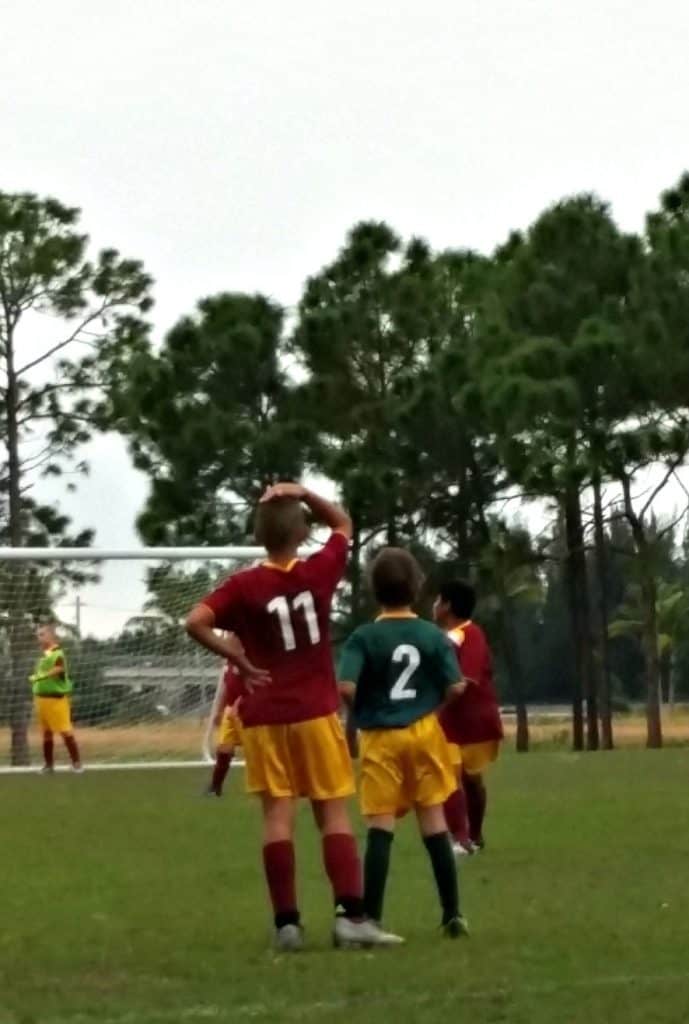
Winner Winner Chicken Dinner
It is hard to believe that there would be poor sportsmanship when your child is the winner, but it can happen. Teach your child how to be a graceful winner. When they line up at the end, make sure positive words of encouragement to the opposing team are exchanged with the hand slaps. If my son’s team wins, I also make an effort to offer positive words to the opponents if we see them on our way out of the ballpark.
Sh*t Happens
As the saying goes, “Sh*t Happens” (although I don’t tell my kids that exact statement).
It took us time to discern the difference between passion and having poor sportsmanship. The learning curve was there – trying to find the right ways to promote passion and dissipate dour feelings.
If you don’t ever lose (graciously), how will you know how sweet it is to win?
[Tweet “If you don’t ever lose, how will you know how sweet it is to win?”]
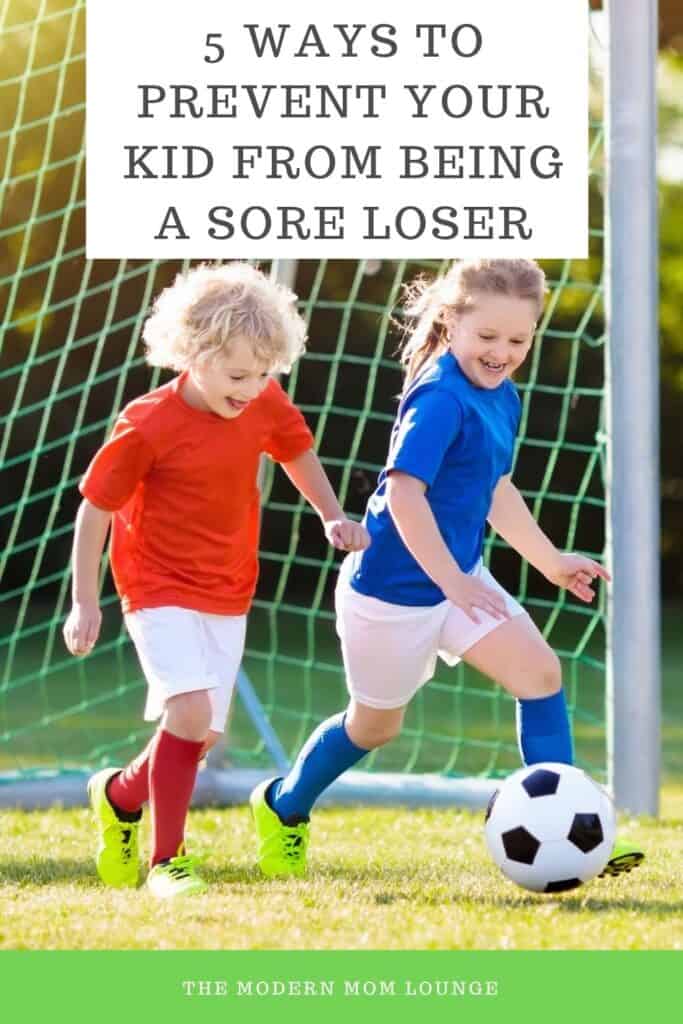




Leave a Reply